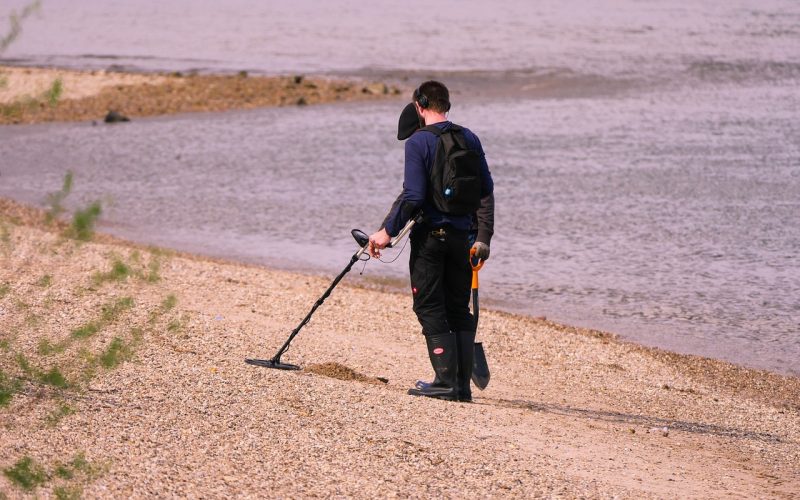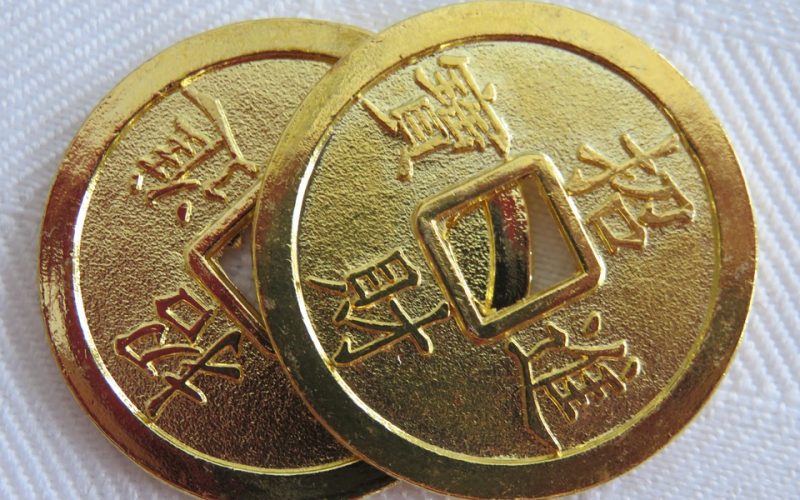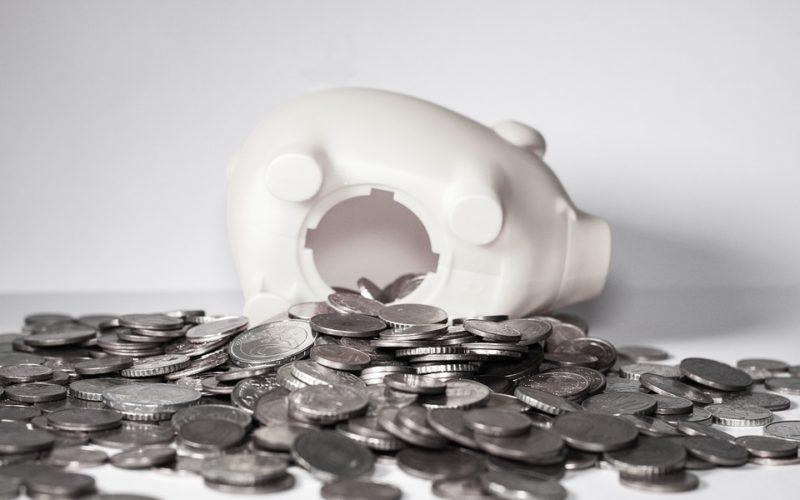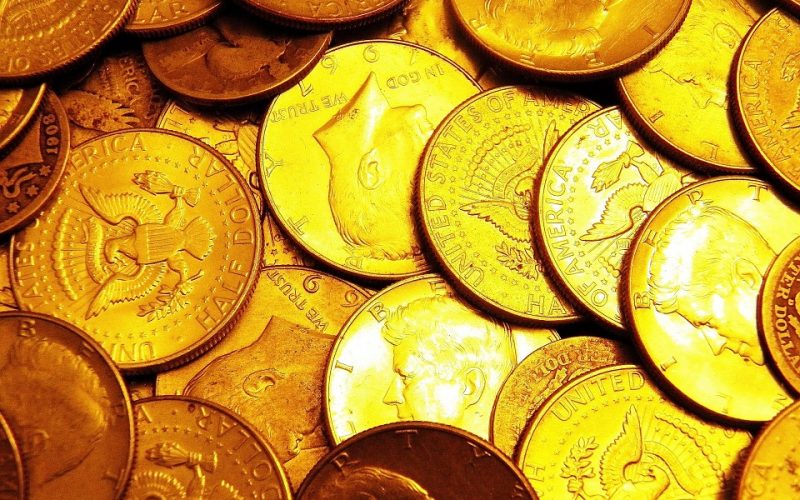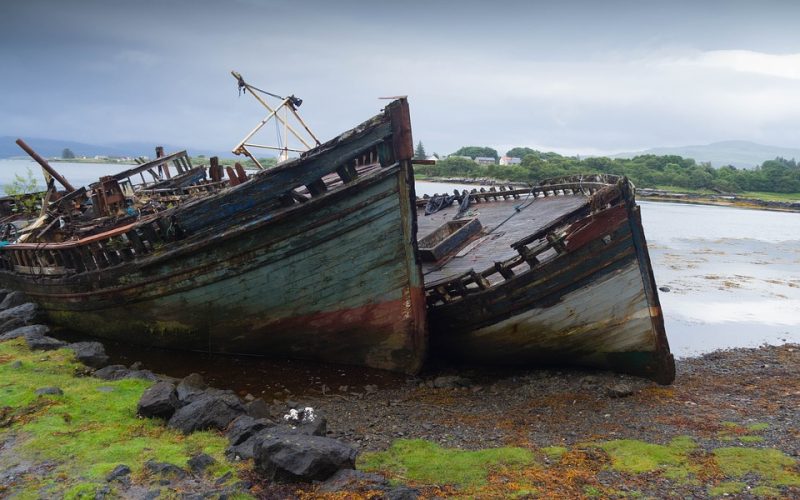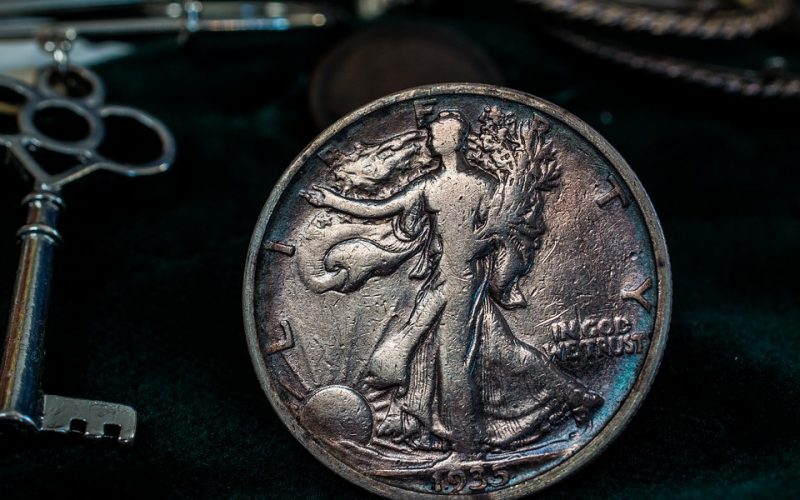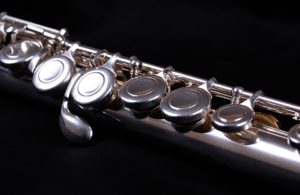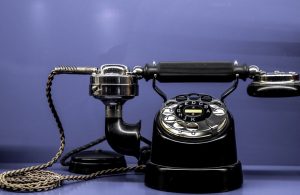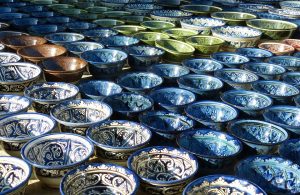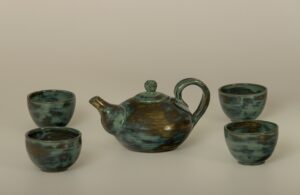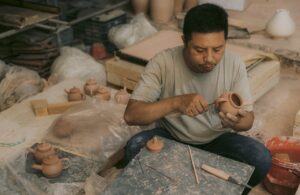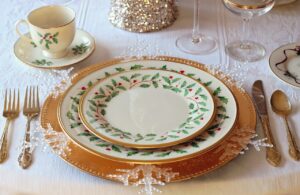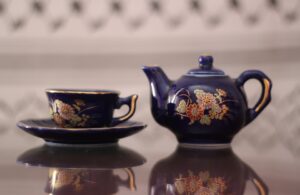Metal Detecting Hobby
Starting a metal detecting hobby can be both exciting and rewarding. To begin, you'll need a metal detector, which can range from beginner-friendly models to more advanced machines packed with features. It's essential to educate yourself on the type of detector that best suits your interests and budget.
Many metal detectors come with adjustable settings that allow you to search for specific types of metals, making them versatile tools for treasure hunting. Alongside the metal detector, a few additional tools like a small shovel, headphones, and a pouch for storing your finds will equip you for your adventure.
Ancient Roman coins
One of the most thrilling discoveries for metal detecting enthusiasts is uncovering coins from different eras. Each coin carries its own story, offering a tangible connection to the past.
From ancient Roman coins to more modern but equally fascinating Victorian pennies, these finds are tangible pieces of history. The joy of finding such treasures lies not only in their monetary value but also in the historical insights they provide.
It's akin to piecing together a puzzle of bygone eras, understanding the lives and times of people who once held these coins.
Pieces of ceramic
In addition to coins, you might occasionally come across pieces of ceramic. While not as frequent as metal finds, ceramics can nonetheless offer a fascinating glimpse into the past.
These fragments often hail from various periods, with slight differences in their make or design, reflecting the techniques and artistic preferences of their respective times. Don't overlook these pieces, as they can complement the historical narrative told by your metallic finds.
Mass-produced intricate designs
Ceramics are intriguing artifacts that occasionally surface during metal detecting expeditions. Ceramic decals were used to decorate pottery and other ceramic items, often featuring floral designs, pastoral scenes, or geometric patterns. Similar to ceramic transfers, glass decals and transfers were used to embellish glass items.
They served as a means of mass-producing intricate designs, allowing everyday items to feature detailed artwork. Finding fragments of these decorative techniques offers insight into both the artistic trends and the technological advancements of earlier periods.
Delving into local history
Exploring sites with a rich history, ranging from agricultural land to places near old villages and hamlets, can increase your chances of making meaningful finds. Each site offers different levels of potential based on its historical significance, past human activity, and existing records.
Delving into local history through libraries or archives can enhance your field trips, guiding you to places with a higher likelihood of uncovering valuables. Embrace the research aspect as it adds depth to the hobby, transforming each dig into a well-informed expedition.
Enhance your learning
Engagement in the metal detecting community can further enrich your experience. Connecting with fellow enthusiasts online or through local clubs provides a platform to share tips, experiences, and finds.
This camaraderie not only enhances your learning but also ensures that your metal detecting activities remain informed and responsible. The hobby’s code of ethics emphasizes respect for private and public lands, ensuring that future generations can enjoy the thrill of discovery, much like us.
The thrill of the hunt
Ultimately, metal detecting is more than a hobby; it's an adventure that bridges past and present. Whether you stumble upon a coin, a ceramic shard, or even just enjoy the thrill of the hunt, each outing offers a unique blend of excitement and education.
The allure of uncovering tangible links to history and the natural exhilaration of discovery make metal detecting a hobby worth trying and embracing fully.
